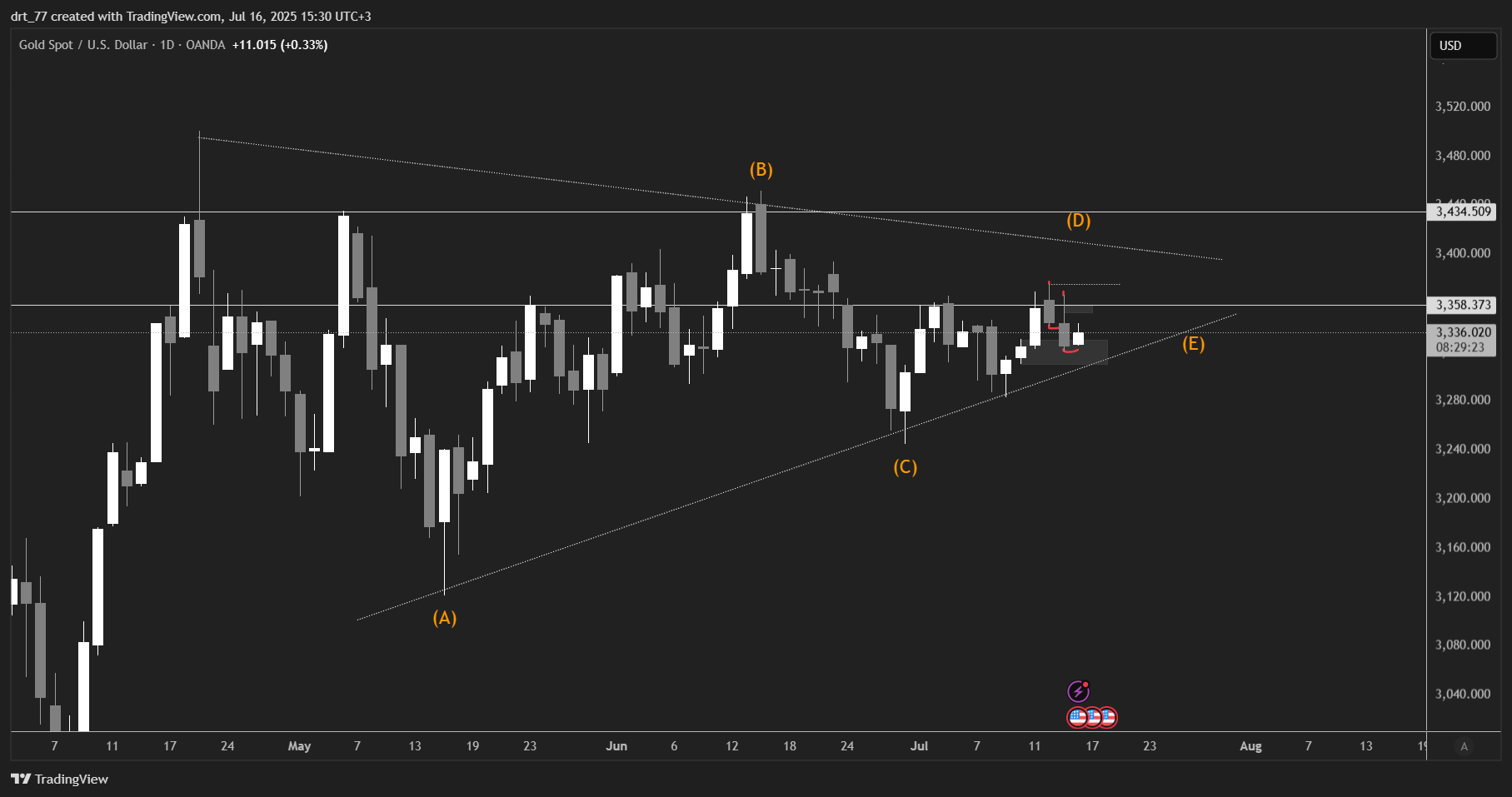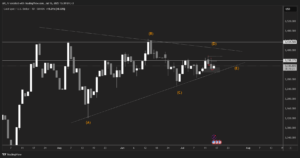The EuroStoxx50 points to a 0.7% fall on the open, and the DAX is to drop 0.75% after German consumer confidence falls to a record low and fears over energy supply rise.
· Australian retail sales rise by more than expected, but AUD/USD falls to a 28-month low
· Investors continue to sell out of UK assets as lenders pull mortgage deals
· Federal Reserve Chair Jerome Powell is due to speak later; USD hits a 20-year high
European stocks ended yesterday in the red, with the DAX underperforming its major peers on after the Nord Stream pipeline suffered what is likely to be deliberate damage. European gas prices jumped over 10% as the move signalled that Europe should prepare to endure winter without Russian gas. Fears of gas rationing and recession dragged on the German index and the euro alike.
In the US, Wall Street closed mixed, with the Dow Jones and the S&P 500 in the red, after better-than-expected durable goods and consumer confidence data raised expectations that the Federal Reserve could be emboldened to raise interest rates more aggressively, meaning that a recession could be more likely. The market remains vulnerable to US yields and the USD.
Europe is set to open sharply lower amid ongoing energy concerns, recession fears, and tanking consumer confidence.
German GFK
German consumer confidence is expected to plunge in October to a new record low, the fourth record low in as many months as record high inflation and soaring energy bills show no signs of easing. The GFK consumer sentiment index dropped to -42.5 in October from a downwardly revised -36.8 in September. Analysts had forecast a decline to -39.
The DAX is set to open -0.75% lower, just above the key 12000 psychological level. Meanwhile, EUR/USD is trading -0.25% at 0.9570 at the time of writing.
Australian retail sales
AUD/USD has fallen to a 28-month low despite stronger than expected Australian retail sales. Sales rose 0.6% MoM, down from last month’s 1.3% but still ahead of the 0.4% forecast.
Retail sales have increased for eight straight months suggesting that households are coping well with the fast interest rate hikes to fight inflation. The resilience in consumer spending is likely to boost expectations that the RBA will raise interest rates by 50 basis points for a fifth consecutive meeting next week. Despite the upbeat data, AUD/USD has dropped below 0.64 as the risk-off mood hits demand for the riskier commodity currency, while safe-haven flows boost the USD.
UK selloff
The FTSE and the pound trade lower as investors continue to pull out of the UK. Despite attempts by the Treasury and the BoE to soothe the market, the lack of action from either speaks volumes. On the FTSE, the housebuilders have dropped sharply in recent sessions and could continue falling as lenders pull deals on mortgages over the uncertainty over interest rates. The BoE is expected to hike rates aggressively after the Chancellor’s min-budget, where he unveiled the largest tax cuts in 50 years. Fears of the housing market collapse are adding to the pound’s woes, which trades below 1.07 at the time of writing.
Looking ahead
US futures are falling, and the US dollar rose to a new 20-year high as hawkish Federal Reserve bets gather pace. Later today, Federal Reserve Chair Jerome Powell will speak and could shed more light on the US central bank’s next move.
Disclaimer: This article is not investment advice or an investment recommendation and should not be considered as such. The information above is not an invitation to trade and it does not guarantee or predict future performance. The investor is solely responsible for the risk of their decisions. The analysis and commentary presented do not include any consideration of your personal investment objectives, financial circumstances, or needs.





